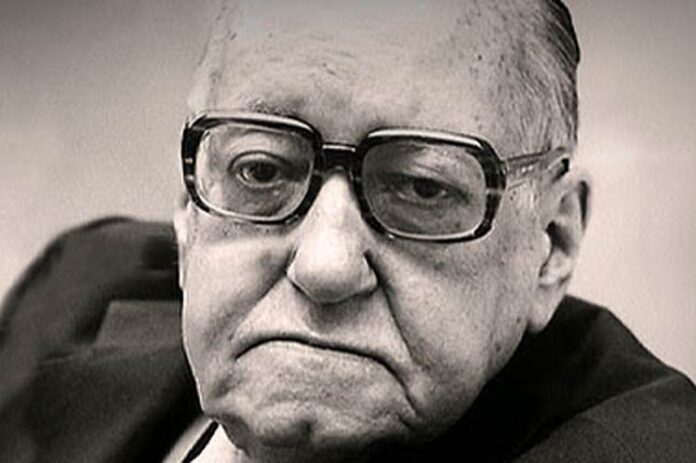By Dave Peterson
CSMS Magazine
In the vast landscape of literary genres, magical realism stands out as a captivating and unique fusion of reality and enchantment. Rooted in Latin American literature, this genre has spread its enchanting tendrils across the globe, leaving readers spellbound with its ability to seamlessly blend the ordinary with the extraordinary. In this article, we will delve into the world of magical realism, exploring its origins, characteristics, and its enduring appeal in literature.
Origins of Magical Realism
Magical realism finds its roots in Latin American literature, with its earliest proponents including Jorge Luis Borges and Alejo Carpentier. However, it truly blossomed as a distinct genre in the mid-20th century with the works of Gabriel García Márquez, most notably his seminal novel, “One Hundred Years of Solitude” (1967). This novel, set in the fictional town of Macondo, introduced readers to a world where the extraordinary was woven seamlessly into the fabric of everyday life. It was this blending of the supernatural with the mundane that became the hallmark of magical realism.
Characteristics of Magical Realism
Everyday Surrealism: At the heart of magical realism lies the juxtaposition of the fantastical within the ordinary. In these narratives, the supernatural is treated as commonplace, and the boundaries between reality and fantasy are blurred. The magical events are described with a matter-of-fact tone, inviting readers to accept the extraordinary as part of the characters’ everyday lives.
Vivid Imagery: Magical realist authors are known for their vivid and evocative imagery. They paint scenes with words that transport readers to worlds both enchanting and mysterious. The lush descriptions serve to intensify the sense of wonder and awe associated with the genre.
Multilayered Narratives: Magical realist stories often feature multiple layers of meaning and symbolism. They can be read on a literal level, where magical events occur, and on a metaphorical level, where these events symbolize deeper truths about human nature, society, or culture. This complexity invites readers to engage with the text on various levels of interpretation.
Cultural and Historical Context: Many magical realist works are deeply rooted in the cultural and historical context of their settings. Authors draw from folklore, mythology, and the rich tapestry of their own cultural heritage to infuse their stories with a sense of authenticity and cultural resonance.
Enduring Appeal
Magical realism has garnered a devoted following and continues to captivate readers for several reasons:
Exploration of Reality: Magical realism allows authors to explore the depths of human experience by blurring the lines between the real and the imagined. It provides a unique lens through which to examine the complexities of life, love, and death.
Evocative Language: The lush and poetic prose characteristic of magical realism appeals to readers who appreciate rich, sensory experiences in their literature. It invites them to savor the language and immerse themselves in the worlds created by the author.
Universal Themes: Despite its often culturally specific settings, magical realism addresses universal themes such as love, loss, identity, and the passage of time. These themes resonate with readers from diverse backgrounds.
Escapism and Wonder: In a world that can sometimes feel mundane, magical realism offers an escape into realms of wonder and enchantment. It allows readers to experience the extraordinary in the midst of the ordinary, rekindling their sense of childlike wonder.
Conclusion
Magical realism, with its fusion of reality and enchantment, continues to captivate and inspire readers around the world. Its origins in Latin American literature have given way to a global presence, with authors from various cultures embracing its unique narrative style. As a genre that celebrates the magical within the everyday, magical realism invites us to look at the world with fresh eyes and reminds us that there is wonder to be found even in the most ordinary of moments.
Note: Dave Peterson is our new collaborator. He covers literature.
Also, you read all our literary analyses on the CSMS Magazine Poetry and Literature section.


